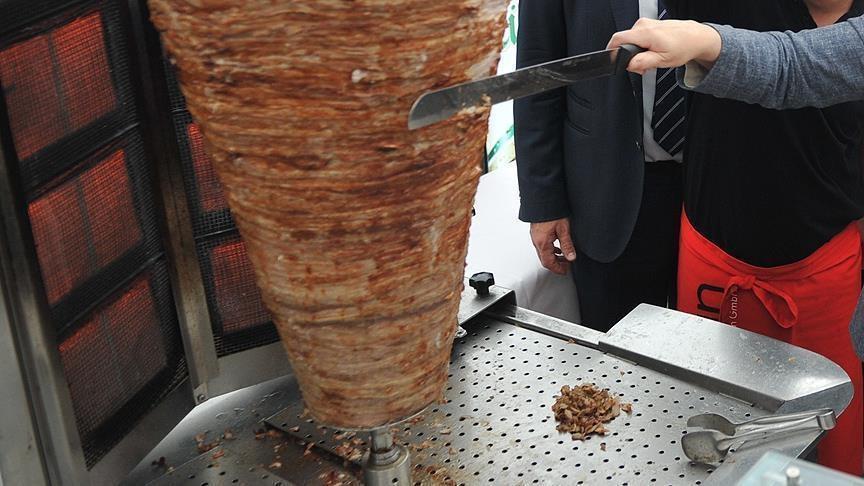
Türkiye has officially withdrawn its bid to have döner kebab, a quintessential taste of Turkish cuisine, recognized as a “traditional specialty guaranteed” within the European Union, bringing to a close a years-long culinary dispute.
The Istanbul-based International Döner Federation (UDOFED) had filed the application to ensure that döner sold across the EU would be prepared exclusively in the “Turkish style.”
Had the application been approved, the rules would have restricted the use of veal or turkey meat and required restaurants to follow Türkiye’s specific preparation methods.
An EU Commission spokesperson confirmed that UDOFED officially withdrew the application on Sept. 23, ending the registration process.
No official reason was given for the withdrawal, though EU insiders suggest it may have been intended to avoid an imminent rejection, as some media reports said last week.
Germany had led the opposition against the bid, citing the size and economic importance of Germany’s döner sector and arguing that Türkiye’s rules would disrupt local practices.
German politicians stressed that local vendors and consumers should decide how it is prepared and eaten.
German media highlighted that, if Türkiye’s application had been approved, the standard German-style döner — often served with yogurt-based sauces, fresh vegetables, or wrapped in flatbread — would have been restricted or banned, creating significant challenges for vendors and potentially affecting up to 60,000 jobs.
According to UDOFED consultant Huriye Özener, Türkiye’s goal was never to harm foreign markets, German media reports said.
She said the application aimed to preserve the traditional preparation and cultural roots of Turkish döner, while also ensuring recognition that the dish originates from Türkiye.
The European Turkish Döner Producers Association estimates that around 400 tons of döner are produced daily across Europe. The sector generates approximately 2.4 billion euros annually in Germany and 3.5 billion euros across the continent.